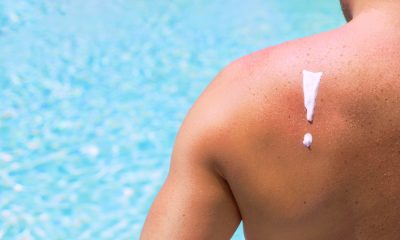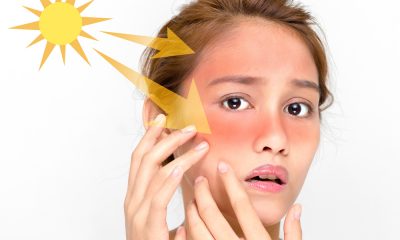Dermatology
Is Sunscreen Enough to Protect Your Skin?
If you’ve ever visited the beach in the middle of summer, you know how much of a life-saver sunscreen is.
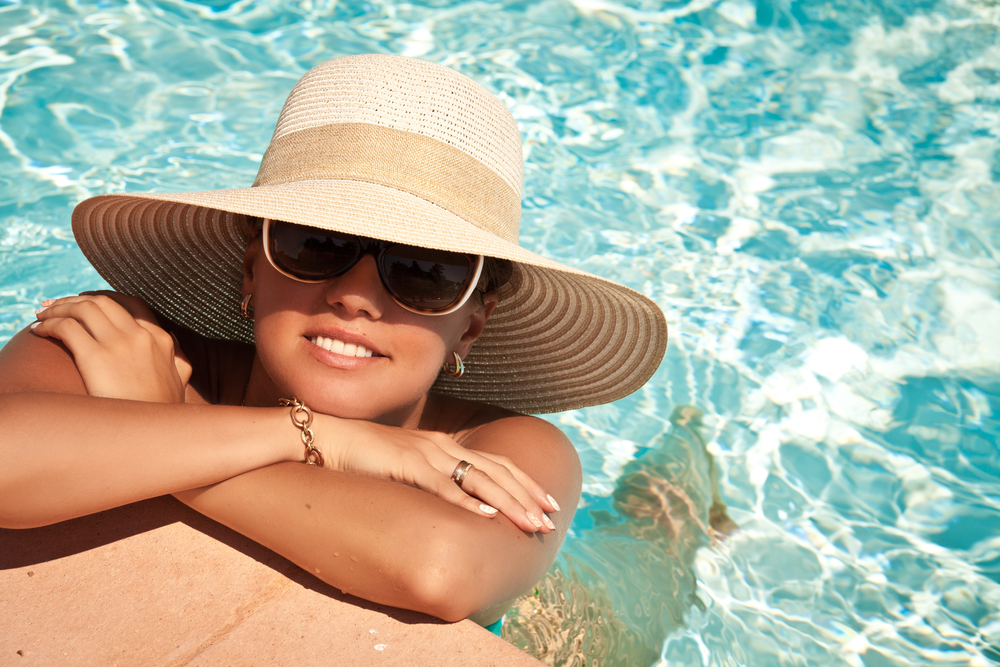
Dermatology
How to Pick a Dermatology Practice
Do you know the best strategy for how to pick a dermatology practice?
Dermatology
10 Reasons to See a Physicians Assistant
Physician assistants are proving themselves day by day. They’re presence in the medical field is growing because of their vast knowledge and unique attributes.
Anti-Aging
Ways to Achieve Flawless Skin
We live in a society where physical presence plays an important role in the value of each person.
-

 Women's Health8 years ago
Women's Health8 years ago10 Everyday Things That Age You!
-
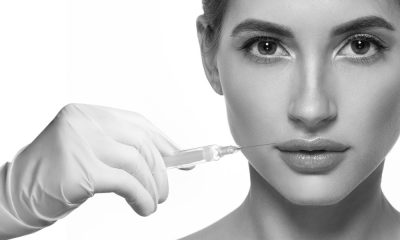
 Dermal Fillers7 years ago
Dermal Fillers7 years agoFight Facial Wrinkles and Folds With Juvederm
-

 Botox4 years ago
Botox4 years agoCan I Drink Alcohol After Botox?
-
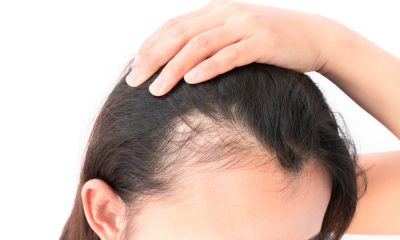
 PRP5 years ago
PRP5 years agoPRP or SMP – How Do I Decide?
-

 CoolSculpting7 years ago
CoolSculpting7 years ago6 Ways to Say Goodbye to Your Double Chin
-

 Body Contouring5 years ago
Body Contouring5 years agoEmsculpt or CoolTone?
-
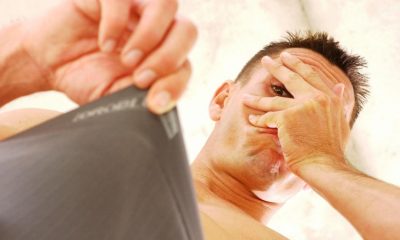
 Botox7 years ago
Botox7 years agoGuys Are Getting Botox in Their Balls–But for What?
-
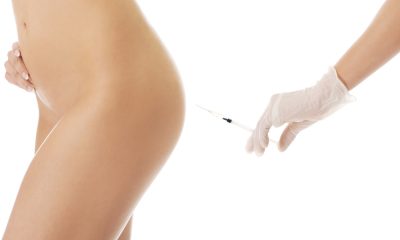
 Dermal Fillers7 years ago
Dermal Fillers7 years agoBoosting Your Backside with a Sculptra Butt Lift


